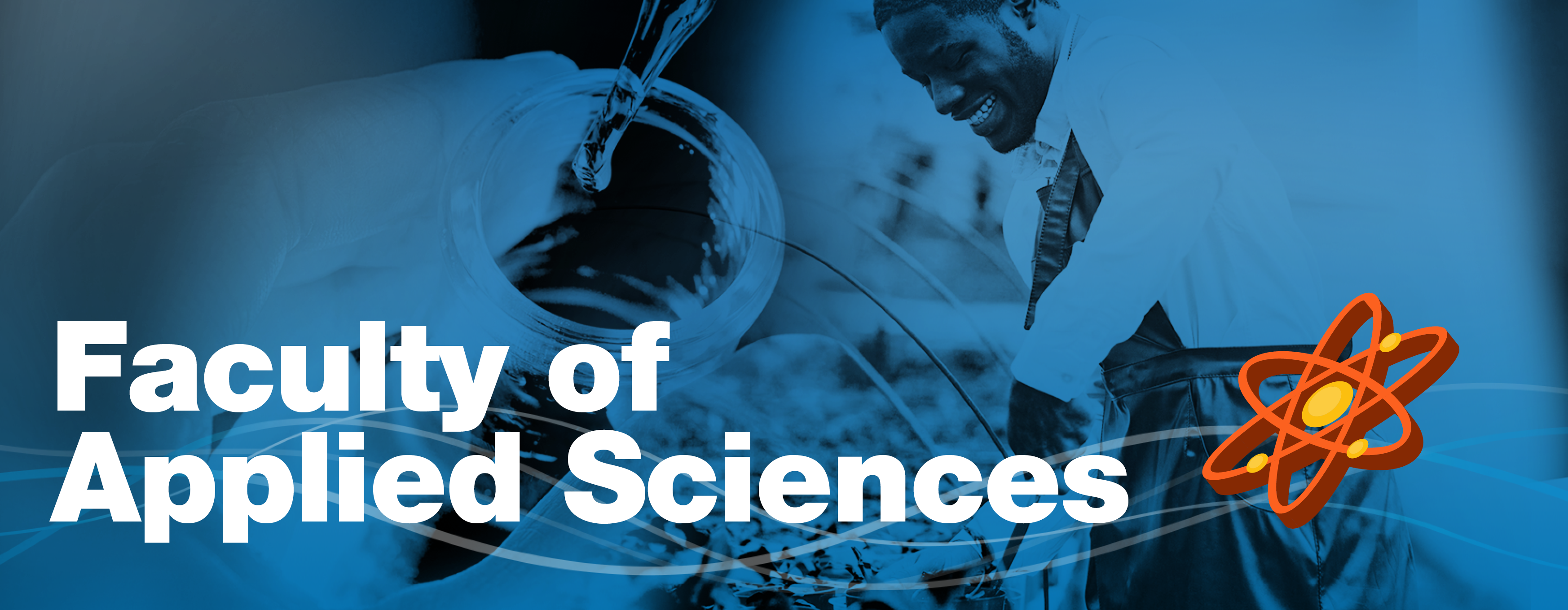
DIPLOMA IN BIOTECHNOLOGY (ECP)
Course Aim:
The course is structured to provide diplomats who are competent in theoretical, applied and general skills across a variety of scientific and technology disciplines. During the first and second semester students acquire broad insights into the microbiological and biochemical underpinnings of biotechnology. During the third and fourth semester the focus of teaching and training is on in-depth theoretical and practical knowledge in microbial biochemistry, molecular biology, fermentation technology and bioprocessing fields. Research-orientated graduates are facilitated to achieve higher qualifications and play a role in the development, production and analysis of biotechnology-important products in the bioprocessing/ biomanufacturing industries.
The purpose of the Diploma in Biotechnology is to provide graduates who are able to apply theoretical and practical scientific knowledge in the Microbiological-, Biochemical-, Analytical- and Bioprocessing fields to the Biotechnology industry. The graduates will perform routine production operations as well as troubleshoot in the pharmaceutical-, environmental-, medical-, and food industry sectors. They will furthermore be able to function as Biotechnologists in multidisciplinary teams which include engineers, scientists and business/operations managers. Graduates who successfully complete the Diploma in Biotechnology will be able to demonstrate detailed theoretical and applied knowledge relevant to an array of Biotechnology fields, thus partake in technology transfer for the benefit of communities, advocating bioethics, social responsibility and environmental sustainability. They will be technologically adept, technically skilled thus employable, socially responsive, problem solving in their thinking and actions as well as being environmentally conscious – core values of CPUT as a technological university.
Opportunities:
Biotechnology is a scarce skills area as identified in the National Skills Development Strategy. One such scarce skills area which is serviced by biotechnologists is Medicinal and Phamaceutical Biotechnology, including Biomedical engineering, use of genetics to study population and migration patterns, gene and paternity testing, DNA forensics, medical genetics, Gene testing and gene therapy, Pharmacogenomics, chemical, vaccine, medicine development and production; pathogen (disease) identification, and biological and chemical warfare protection. A second area is that of Food and Agriculture, including genetic modification of foods and seeds, biopesticides and neutriceutical development and bioprocessing chamber design and production. A third area is that of Energy and the Environment, including environmental studies, toxic waste clean-up, and creation of new energy sources via engineering and life science research.
Admission requirements:
National Senior Certificate (Grade 12) with:
. English Home or First Additional Language (4)
. Mathematics (4)
. Life Sciences (4)
. Physical Sciences (4)
Subject to space, students may be admitted to the ECP if they have scored a high 3 in the required subjects , and at least 2 in any other subjects except Life Orientation
The department utilises an Admission Point Score (APS) as selection criteria once your minimum admission requirements are satisfied. You also have to score a minimum of 26 for the Extended Curriculum course on the APS
Undergraduates
For all Certificate, Diploma and National Diploma applications, consult the General admission requirements.
Some courses require students to submit additional information as part of their application.
General admission requirements
Postgraduates
For all Honours, Masters and Doctorate applications, consult the Postgraduate admission requirements.
General admission requirements
Syllabus and fees
Please note:
The fees reflected here are for the 2024 academic year, and are subject to change for 2025.Please confirm the final fee amount by contacting the relevant Faculty Office or contact person as listed at the bottom of this page.
Compulsary subject(s)
SEMESTER ONE (JAN-JUN)
Compulsary subject(s)
SEMESTER ONE (JAN-JUN)
Compulsary subject(s)
SEMESTER TWO (JUL-NOV)
Compulsary subject(s)
SEMESTER ONE (JAN-JUN)
Compulsary subject(s)
SEMESTER TWO (JUL-NOV)
Compulsary subject(s)
Compulsary subject(s)
SEMESTER ONE (JAN-JUN)
Compulsary subject(s)
Offering type: FULLTIME - DISTRICT 6 CAMPUS
For any queries get in contact with:
Mrs N Nokhepheyi (Faculty Office)
+27 21 460 3218
Ms N Mfayana
+27 21 460 3186
NOTE: The fees in this prospectus are for the 2025 academic year and are provided to assist you in your planning.
Disclaimer
This information is subject to change based on approval and accreditation of HEQSF aligned qualifications.
Admission requirements may therefore differ between the existing qualification and the HESQF aligned qualification. Every effort has been made to ensure the accuracy of the information on this page; however the University reserves the right at any time, if circumstances require, to make changes to any of the published details.